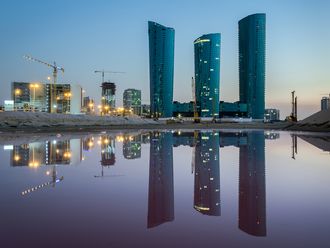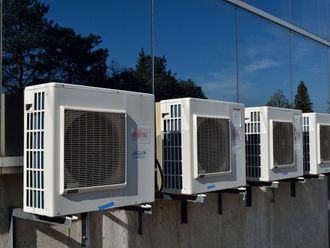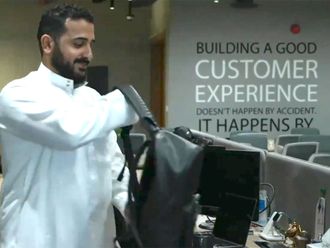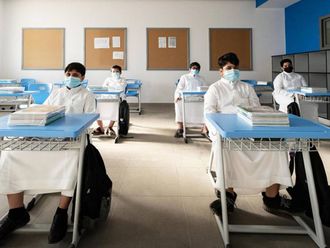
Manama: Al Asala, Bahrain's second largest parliamentary bloc, has defended its decision to support independent candidates as part of its strategy to "serve the nation.
The society, the flagship of Salafism in Bahrain, has an agreement with the Islamic Menbar party, the third largest parliamentary bloc in the outgoing lower chamber, to work together and avoid competition by fielding candidates in separate constituencies and by supporting each other other's nominees.
However, Islamic Menbar, which has seven representatives in the 40-seat lower chamber, wants the two societies to focus on their partnership and avoid supporting independent candidates or nominees from other political formations who are vying for a foothold in parliament.
Al Asala, which has eight members of parliament, and is far behind Al Wefaq with 17 in the current parliament, is keen to reinforce its position by supporting independent candidates who would, if elected, reinforce its presence in the lower chamber or even join its ranks. A similar scenario occurred in 2006 when independent MPs chose to be under the Al Asala umbrella.
"We are ready to coordinate with candidates keen on serving Bahrain and our coordination could be both inside and outside the parliament," a source said on behalf of Al Asala. "A crucial element, though, is that any coordination should not, in any way, affect our partnership and work with the Islamic Menbar.”
Neither of the two societies has announced the list of its candidates amid speculation that most of their representatives would run again in the quadrennial elections. No woman candidate is expected to be presented by either of the conservative societies, despite repeated calls by the Supreme Council for Women, the official agency representing women in Bahrain, and activists to empower women politically.
No date has been set for the polls amid expectations that they would be held in mid-October. Municipal elections will also be held concurrently with the legislative polls. However, people are not as interested in them, as they are in the parliamentary elections.












